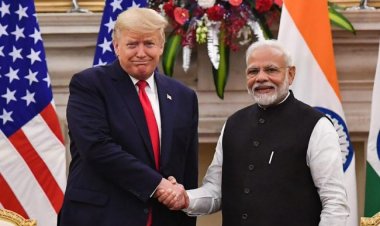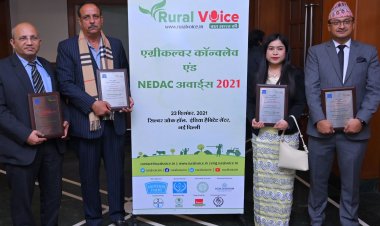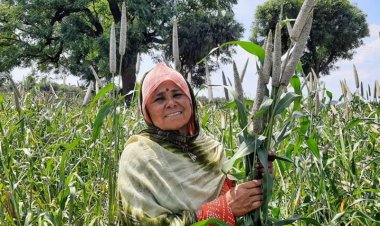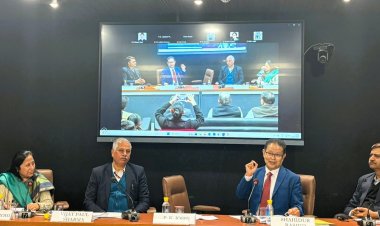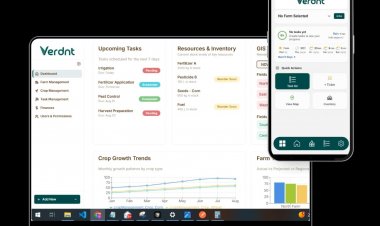Threats posed by sand and dust storms to food security, human health and the environment as a whole are high on the agenda at a high-level event on Sand and Dust Storms (SDS) that got underway in Samarkand, Uzbekistan under the aegis of the UNCCD’s 21st meeting of the Committee to Review the Implementation of the Convention (CRIC21).
The event has brought together ministers, leaders, policymakers, scientists, and stakeholders from across the globe to address the impacts of SDS and discuss strategies and measures for effectively managing this growing hazard.
All UNCCD Parties at the CRIC 21 Plenary have been invited to attend the event which seeks to raise political awareness on the escalating threat posed by SDS, their causes, and potential consequences for food security, human health, the environment, and socio-economic development as well as the linkages to climate change, land degradation, and air pollution.
The event will explore collaboration to develop and implement SDS policies, regulations, and action plans at national, regional, and global levels, including multilateral cooperation mechanisms to strengthen national capacities for SDS management and to foster regional collaboration at address this trans-boundary challenge.
It will also strive to identify financing and capacity needs to encourage financial institutions, development agencies, and relevant organisations to invest in capacity building as well as projects and programmes aimed at preventing and reducing the impact of SDS.
Main topics for interactive discussion include how can various stakeholders work together to elevate the political profile of Sand and Dust Storms agenda at the global scale.
As many SDS events cross frontiers, what are the options for global and regional cooperation to reduce SDS impacts? Besides, what are the main technical and financial needs to mitigate and reduce the impacts of SDS?
The Chair’s Summary of the Samarkand High Level Event on Sand and Dust Storms, is likely to include considerations regarding how to raise the political profile of SDS agenda and how to strengthen coordinated efforts in tackling SDS.
The Chair’s Summary will be presented by the Government of Uzbekistan to the Parties of the Convention.
The Government of Uzbekistan in its pursuit to generate political impetus to SDS agenda within UNCCD process may wish to request that the following is included in the CRIC Report -- the acknowledgement of the HLE on SDS and of the Chair ́s Summary and the exploration of possibilities to elaborate the Samarkand Declaration on SDS to be eventually adopted at UNCCD Conference of Parties (COP16) in December, 2023, in Saudi Arabia.
Enhancement of collaborative partnerships, knowledge networks, and joint initiatives among participating countries and organizations to better address SDS challenges could also be a part of the CRIC.
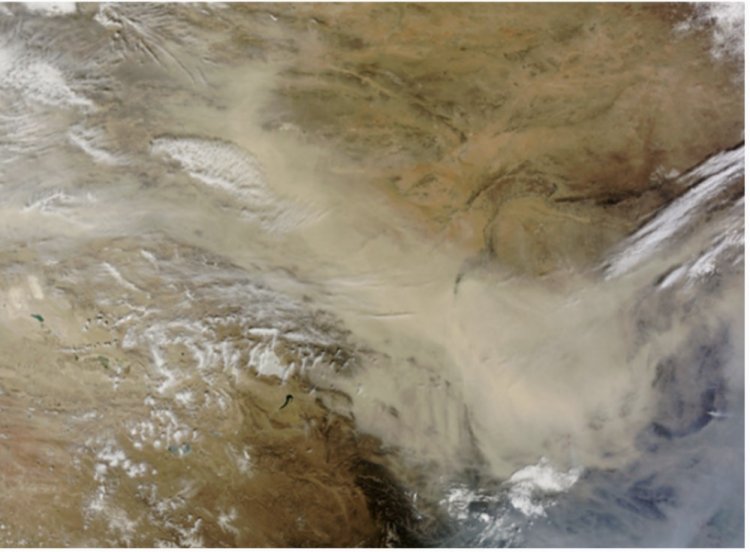



 Join the RuralVoice whatsapp group
Join the RuralVoice whatsapp group

















